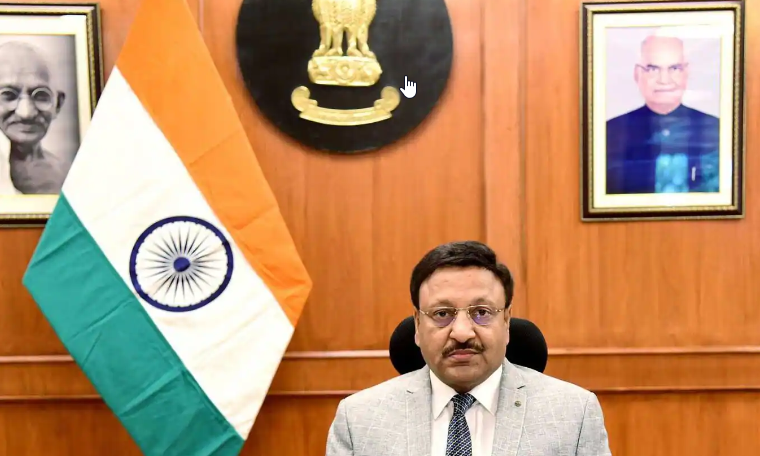Chief Election Commissioner of India
The Chief Election Commissioner (CEC) of India is the head of the Election Commission of India, a constitutional body responsible for administering and overseeing the electoral process in the country. The CEC is appointed by the President of India and enjoys the same status and receives salary and perks as available to Judges of the Supreme Court of India. The CEC plays a crucial role in ensuring free, fair, and transparent elections at the national and state levels.
Appointment and Tenure
The Chief Election Commissioner is appointed by the President of India under Article 324(2) of the Constitution. The CEC’s tenure is six years from the date of assuming office or until the age of 65, whichever is earlier. The CEC can be removed from office only through a process of impeachment by Parliament, similar to the removal of a Judge of the Supreme Court.
Powers and Functions
The Chief Election Commissioner, along with two Election Commissioners, form the Election Commission of India. The CEC has the following powers and functions:
- Supervising and conducting elections to the Lok Sabha, Rajya Sabha, State Legislative Assemblies, and the offices of the President and Vice President of India
- Preparing and periodically revising the electoral rolls for all elections
- Registering political parties and granting them recognition
- Monitoring and regulating the election expenses of candidates and political parties
- Ensuring compliance with the Model Code of Conduct during elections
- Investigating and adjudicating electoral disputes and complaints
- Conducting voter education and awareness programmes to encourage participation in the electoral process
Notable Chief Election Commissioners
Some of the notable Chief Election Commissioners of India include:
- Sukumar Sen (1950-1958): The first Chief Election Commissioner of India who conducted the first two general elections in 1952 and 1957
- T. N. Seshan (1990-1996): Known for his bold reforms and strict enforcement of the Model Code of Conduct, which significantly improved the credibility of the electoral process
- M. S. Gill (1996-2001): Introduced the use of Electronic Voting Machines (EVMs) in elections, which have since become the standard mode of voting in India
- N. Gopalaswami (2006-2009): Oversaw the conduct of the 2009 general elections, which saw the highest voter turnout in the history of Indian elections
- Sunil Arora (2018-2021): Conducted the 2019 general elections, the largest democratic exercise in the world, with over 900 million eligible voters
Challenges and Reforms
The Chief Election Commissioner and the Election Commission of India face several challenges in conducting free and fair elections in the world’s largest democracy. Some of the key challenges include:
- Ensuring the accuracy and integrity of the electoral rolls
- Preventing electoral fraud, booth capturing, and voter intimidation
- Regulating the role of money and muscle power in elections
- Dealing with the misuse of social media and fake news to influence voters
- Addressing the issue of low voter turnout, particularly among women and marginalized communities
To address these challenges, the Election Commission has implemented several reforms over the years, such as:
- The introduction of Electronic Voting Machines (EVMs) and Voter Verifiable Paper Audit Trail (VVPAT) systems to ensure the accuracy and transparency of the voting process
- The enforcement of the Model Code of Conduct to regulate the conduct of candidates and political parties during elections
- The implementation of the Electoral Photo Identity Card (EPIC) to prevent voter impersonation and ensure the authenticity of the electoral rolls
- The use of technology, such as the cVIGIL mobile app, to enable citizens to report electoral malpractices and violations
- The conduct of voter education and awareness programmes, such as the Systematic Voters’ Education and Electoral Participation (SVEEP) initiative, to encourage informed and ethical voting
The Chief Election Commissioner of India plays a vital role in upholding the democratic principles and ensuring the integrity of the electoral process in the country. Through their leadership and the efforts of the Election Commission, India has successfully conducted 17 general elections and numerous state and local elections, making it the world’s largest and most vibrant democracy. However, the challenges of ensuring free and fair elections in a country of India’s size and diversity are immense, and the CEC and the Election Commission must continuously adapt and innovate to meet these challenges and safeguard the sanctity of the electoral process.


